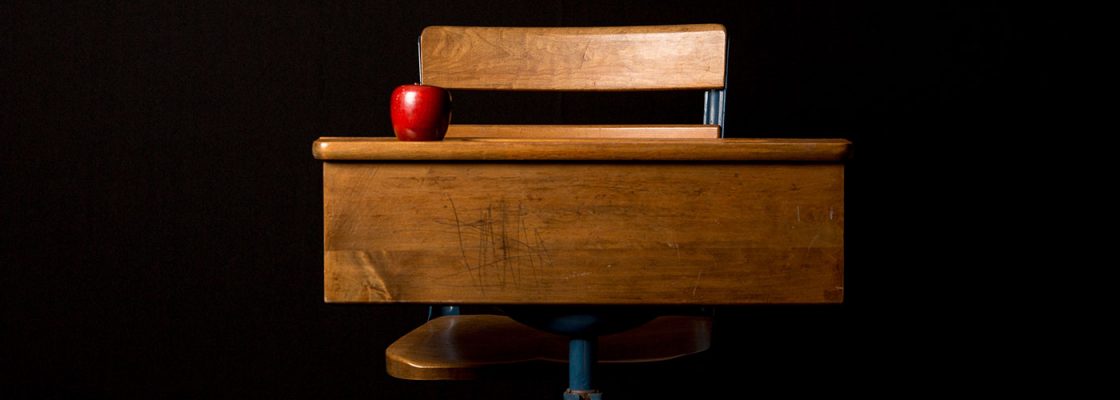The biggest innovation in history? The plot twist. Storytelling has always been a way to connect with others and inspire change, but when our stories take an unexpected turn we are given an opportunity to learn and grow. In early 2014, CCI staff engaged in an online course though Acumen to build storytelling skills. We’d like to share stories of our teaching moments to help our partners and grantees learn more about the people behind the programs and how we think. Our hope is that this will encourage you to share your stories and teaching moments with the field to strengthen our network and inspire change in the safety net.
Meet Meaghan, administrative assistant at CCI…
I was 15 years old, in a rural village of El Salvador, when I came to better understand my own privilege –as it related to health and access to affordable healthcare.
I sat with a group of other teenage Americans around a table eating pureed beans with rice, fried plantains and tortillas for breakfast. We were part of a delegation to a rural community to help build a preschool building. We were living with and working alongside members of the community each day for three weeks. For most of us, it was our first time in El Salvador, and for some, their first time outside the United States.
The trip leader pulled out a big binder to begin the health check for the day. It turned out that many members of the group hadn’t been feeling well, myself included. Not to worry, though – we took a trip to the clinic in the nearest town to get tested and had the results back within an hour. We went to the pharmacy off the town square and paid $2.50 for the medicine. All in all, we spent about $5.50 each for the whole ordeal.
A couple days later we were all back at our worksite, laying blocks, digging trenches and mixing cement. That night I sat down with my host mother, who asked me how I was feeling. I told her I felt much better, had gotten the medicine I needed and it seemed to be working. She said “me alegre muchísimo,” I’m so happy, and put her hand on my cheek. She told me that her children have also gotten sick like that before, but her oldest son who was in the US sends back money and so they are able to go to the doctor, too.
As I got ready for bed, I contemplated what my host mom had told me and the true significance of her words: that a $5.50 expense to see a doctor and get medication is a huge deal when your family is only making approximately $500 a year. I came to find out over the course of our remaining days that many of the villagers didn’t go to the doctor because they simply couldn’t afford to. It also became clear that my sickness wasn’t because of my gringa stomach, rather due to the non-potable water country-wide.
It’s easy to associate these issues of access and affordability with this particular situation, but these problems aren’t just striking in the context of the US vs. El Salvador. Like El Salvador, where inequality is experienced differently throughout the country, the U.S. too, is struggling. Issues of access, affordability, language barriers, poor education, and corrupt politics are not only developing world problems.
My journey of understanding the complexities around these issues in the U.S. (California in particular) is really just beginning now. I’m excited to be at CCI to launch this new chapter and to understand why these problems exist and how I can help solve them. I wonder if I am more interested in the macro or micro level (do I have to choose?). What socioeconomic factors come into play? What populations am I most interested in? How do I fit into the much larger puzzle of the healthcare field? I don’t know how long it will take to answer these questions or what those answers will look like, but I will continue to learn and find a way to figure them out. As we used to say in El Salvador at the worksite, “sí se puede!”
Find this useful or interesting? We’re constantly sharing stuff like this. Sign up to receive our newsletter to stay in the loop.

